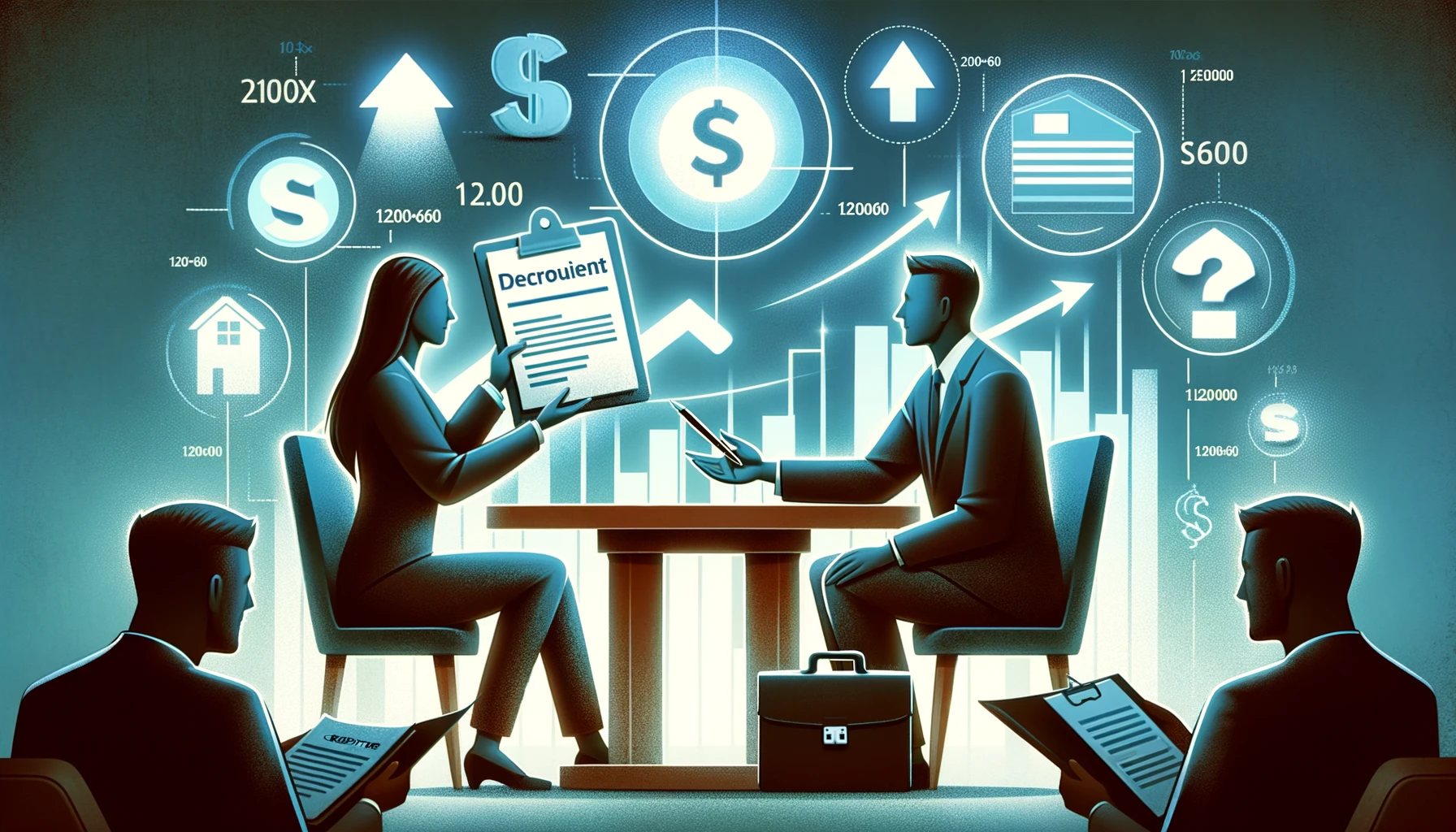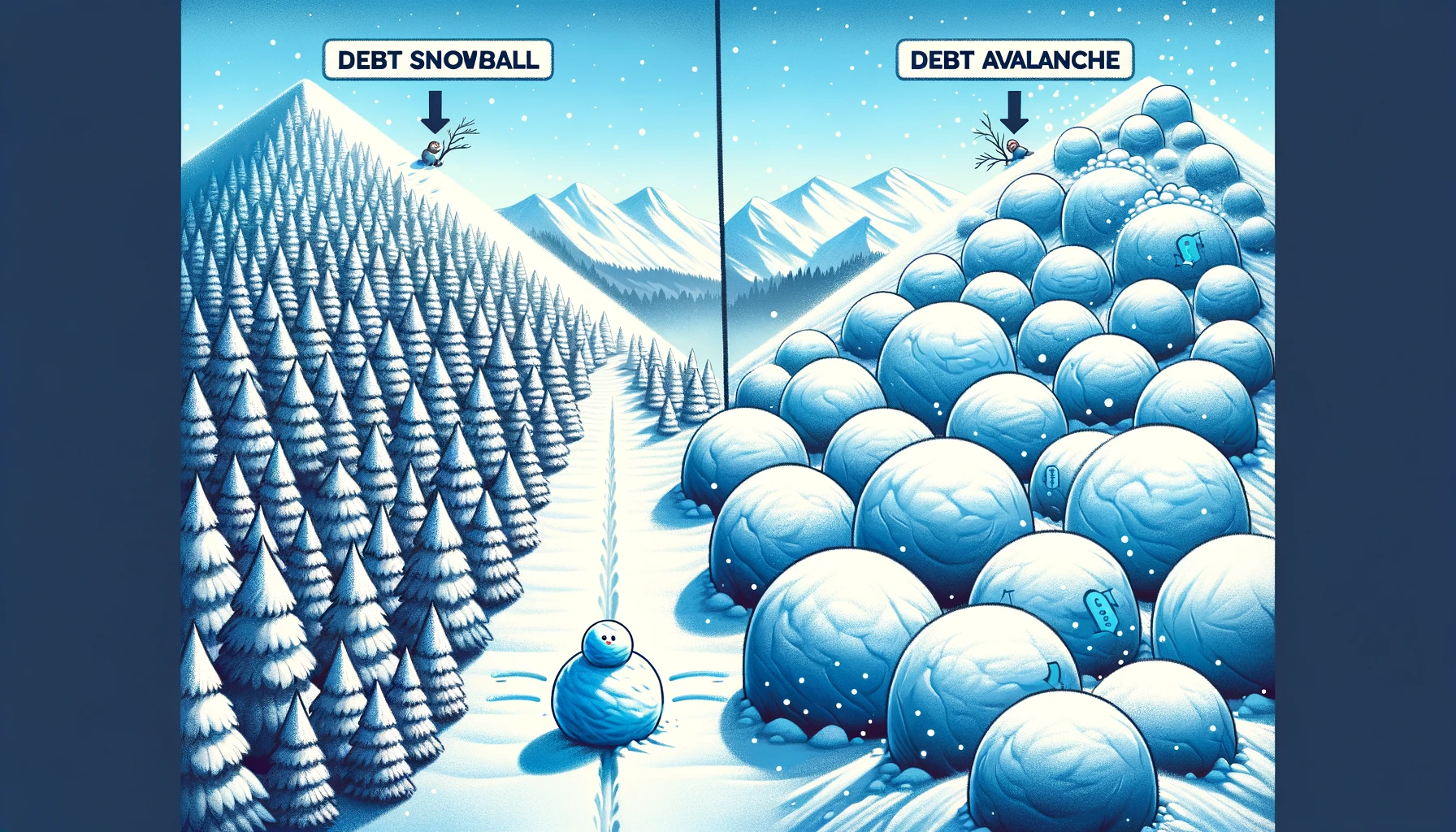Debt payoff can often feel like navigating a maze with twists and turns that test not just your financial acumen, but your determination as well. As you embark on this journey towards financial freedom, it becomes crucial to steer clear of the common pitfalls that could derail your progress and leave you feeling stuck in a cycle of debt. Acknowledging the significance of avoiding these traps is akin to equipping yourself with a roadmap tailored for success – one that illuminates the path ahead and empowers you to make informed decisions every step of the way.
Imagine embarking on a hike through uncharted terrain, armed with only your instincts and wit to guide you through unknown obstacles. Much like this adventure, tackling debt requires foresight, resilience, and an acute awareness of the potential stumbling blocks that lie in wait. By arming yourself with insights into these commonly overlooked pitfalls during debt repayment, you not only fortify your financial foundation but also pave the way for a smoother expedition towards attaining true financial stability. So buckle up as we delve into seven key pitfalls to avoid during your debt payoff journey – because knowing what lies ahead is half the battle won in achieving lasting fiscal wellness.
Not Having a Clear Plan
Embarking on a debt payoff journey without a clear plan is like setting sail without a map – you risk getting lost in the overwhelming sea of financial obligations. Creating a budget isn’t about restricting your freedom; it’s about empowering yourself with knowledge and control over your money. By outlining your income, expenses, and debt repayment goals, you gain visibility into where every dollar goes and can make informed decisions to steer towards financial stability. A payment plan acts as your compass, guiding you through turbulent waters by breaking down debts into manageable milestones. It’s not just about making random payments; it’s about strategically allocating resources to navigate towards debt-free shores.
Moreover, having a clear plan doesn’t mean rigidity but rather flexibility and adaptability to unforeseen waves that may rock your financial boat. Like adjusting sails for changing winds, revisiting and adjusting your budget allows room for unexpected expenses or income fluctuations without veering off course. It provides a sense of direction amidst the stormy seas of temptation or emergencies that could sabotage your progress. Remember, planning is not constricting; it liberates you from the burden of uncertainty and empowers you to take charge of your financial voyage confidently.
Ignoring High-Interest Debt
Paying off debt can feel like a daunting task, especially when faced with multiple sources of financial obligations. However, one key strategy that often gets overlooked is prioritizing high-interest debts. While it may be tempting to chip away at smaller balances or loans with lower interest rates, neglecting those high-interest debts could end up costing you significantly more in the long run. By targeting and tackling these expensive debts first, you’re not only saving money on accumulating interest but also accelerating your overall debt payoff journey.
Consider this: Letting high-interest debts linger means that a larger portion of your monthly payments goes towards paying off accrued interest rather than reducing the principal amount owed. This creates a cycle where you end up trapped in a costly loop, making minimal progress on actually eliminating the debt itself. By focusing on these accounts with substantial interest rates, you’re not just cutting down on what you owe but freeing yourself from the burden of compounding interest working against your financial goals. Remember, every dollar saved by avoiding unnecessary interest charges is another step closer to achieving true financial freedom and stability.
Skipping Emergency Savings
While the temptation to throw every available dollar at your outstanding debts can be strong, overlooking the necessity of building an emergency savings fund could come back to haunt you. Think of it as a financial safety net that shields you from unexpected expenses or job loss while you work towards debt freedom. Without this buffer in place, any sudden car repairs, medical bills, or other emergencies may force you to rely on credit cards or loans, undoing the progress you’ve made in paying off debts.
It’s crucial to strike a balance between chipping away at your debt and stashing away funds for unforeseen circumstances. By setting aside even a small portion of your income each month into an emergency fund, you create a sense of financial security that allows you to weather any storms that come your way without derailing your debt payoff journey. Remember, building this reserve isn’t just about preparing for worst-case scenarios; it’s also about empowering yourself with peace of mind and flexibility as you continue working towards achieving your financial goals.
Overlooking Negotiation Opportunities
When tackling debt, many individuals overlook the power of negotiation in their repayment strategy. One key opportunity lies in reaching out to creditors to discuss potentially lowering interest rates or adjusting payment terms to make them more manageable. Initiating these conversations may seem daunting, but creditors are often willing to work with borrowers who demonstrate a genuine commitment to repaying their debts. By showcasing your dedication and financial circumstances transparently, you can open the door to potential concessions that could significantly lighten your burden.
Moreover, exploring negotiation opportunities not only has the potential to reduce immediate financial strain but also fosters a sense of empowerment and control over your debt payoff journey. It allows you to actively engage with creditors rather than passively accepting terms, showing that you are proactive about improving your financial situation. Remember, successful negotiations require preparation – gather information on competitive rates or alternate payment plans before approaching your creditor, demonstrating professionalism and determination in securing a beneficial outcome for both parties involved.
Unveiling the Key to Sustainable Debt Reduction: Overcoming Destructive Spending Habits
To truly embark on a successful debt payoff journey, one must confront the elephant in the room – destructive spending habits. It’s not just about making minimum payments or cutting back temporarily; it’s about fundamentally reshaping your relationship with money. While it may seem daunting at first, transforming your spending patterns is crucial for long-term financial stability and debt freedom. Imagine each purchase as a step closer or further away from your goal – this mindset shift can be empowering.
Delving deeper, it’s vital to recognize that changing spending habits goes beyond mere restraint; it involves embracing mindful consumption. Consider distinguishing between needs and wants, prioritizing essentials over temporary pleasures. By reframing how you view purchases and recognizing the impact they have on your financial health, you pave the way for sustainable progress towards becoming debt-free. Challenge yourself to explore alternative ways of finding fulfillment that don’t rely on material possessions but rather enriching experiences and cherished memories. Remember, every dollar saved today is an investment in your future financial well-being tomorrow.
Neglecting Self-Care
Amidst the hustle of tackling debt and constantly crunching numbers to meet payment deadlines, it’s easy to push self-care to the bottom of the priority list. However, neglecting self-care during your debt payoff journey can have detrimental effects on both your mental and physical well-being. The stress and anxiety that often accompany financial struggles can take a toll on your overall health if left unaddressed. By incorporating regular self-care practices into your routine, such as exercise, mindfulness techniques, or simply taking time for hobbies you enjoy, you can better manage stress levels and maintain a healthy mindset throughout this challenging period.
Furthermore, prioritizing self-care is not just about indulging in small luxuries; it’s about building resilience and fortitude to stay committed to your financial goals in the long run. Taking care of yourself emotionally and physically enables you to approach challenges with a clearer perspective and renewed energy. It allows you to recharge so that you can face each day feeling more empowered and capable of overcoming obstacles on your path towards financial freedom. Remember, investing time in self-care is not selfish but essential for sustaining motivation and perseverance during what may seem like an uphill battle towards becoming debt-free.
Conclusion: Navigating Your Debt Payoff Journey Successfully
As you embark on your debt payoff journey, keep in mind the invaluable insights shared throughout this article. Avoiding the common pitfalls discussed – from neglecting to create a realistic budget to failing to negotiate better interest rates – can make all the difference in achieving financial freedom. Each point highlighted serves as a crucial signpost guiding you towards a more secure financial future.
By summarizing and emphasizing these key points, we underscore their significance in helping you steer clear of potential setbacks during your debt paydown journey. Remember, maintaining discipline, seeking support when needed, and staying committed to your goal are central themes that resonate throughout this guide. With dedication and adherence to proactive financial practices outlined here, you are empowered to navigate challenges with confidence and chart a course towards lasting financial stability.






